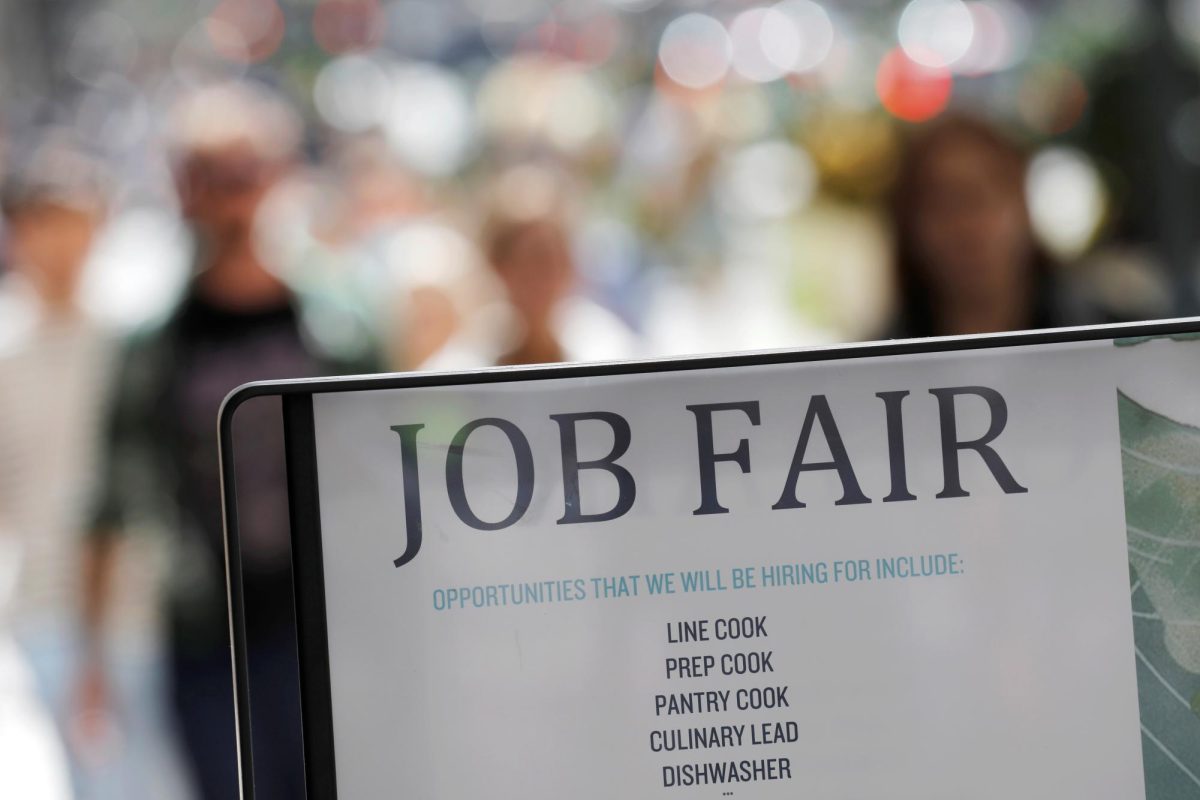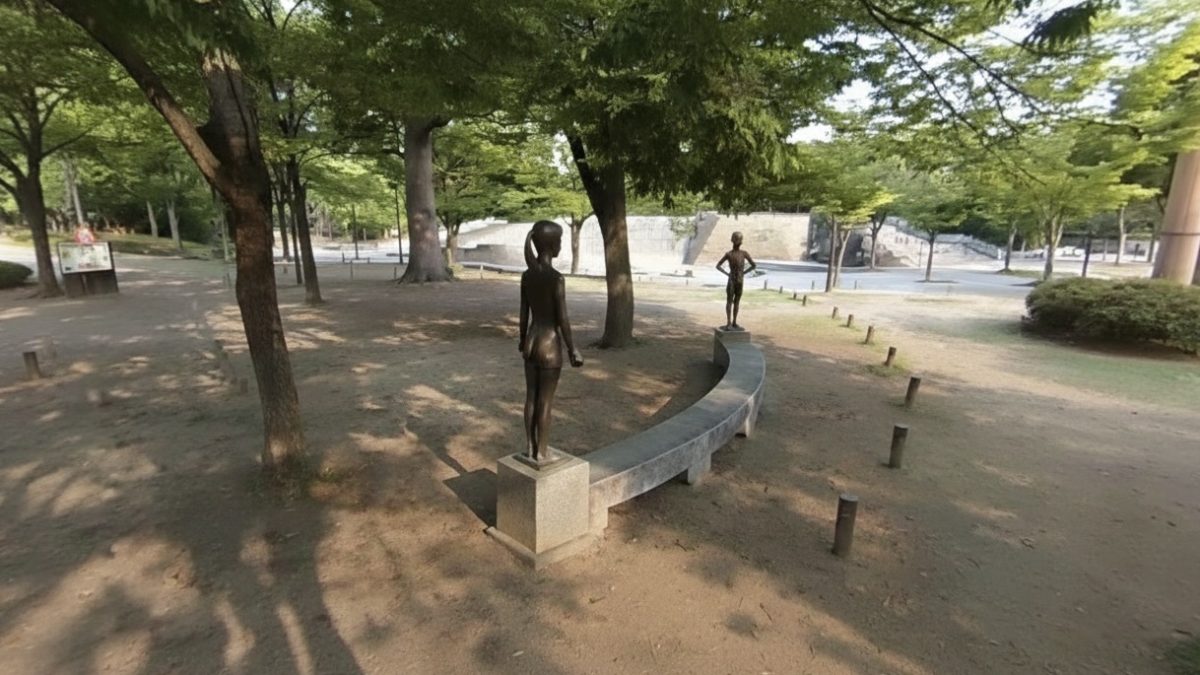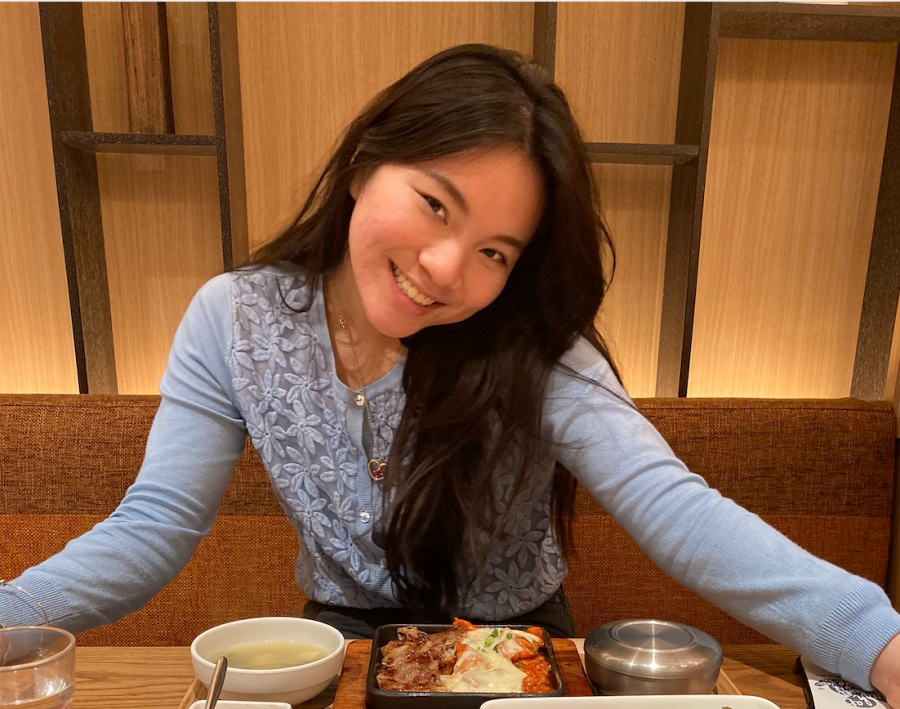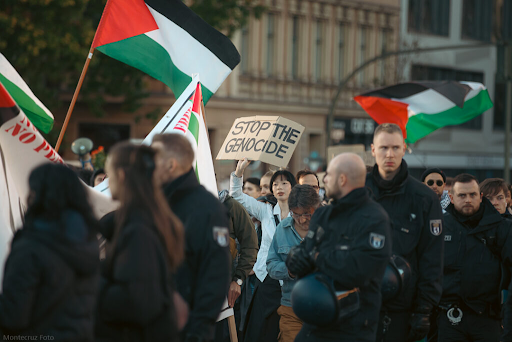When we can, my family and I go to Gaza to visit our family. The process of getting in and out is exhausting and takes much longer than necessary. It begins by applying for permits to be approved by Israeli authorities months in advance. Then, we book plane tickets and a hotel and stay in Jordan until we get approved, which could be anywhere from three days to three weeks. We’ll never know until the day before, and suddenly we have to pack up everything and leave the next morning. If we don’t show up by the next morning, the permits expire and we need to reapply.
Additionally, we have to make sure we only bring clothes: no electronics, no cosmetics, no food or spices. And, when you leave Gaza you aren’t able to leave with a suitcase. Everything needs to be in a duffel bag–no limitations, except you need to be able to carry it. As a family of six, it’s incredibly inconvenient to follow these regulations. Even if, by miracle, a family does get approved to enter Gaza, that doesn’t always mean they’ll be allowed to leave, which happened to my family in 2021.
In the summer of 2021, my family and I went to Gaza. We got permits to enter in July, but we couldn’t get permits to leave until mid-October. This led my sister and I to miss two months of school, and my dad having a long hiatus from work. When we finally got the permits, my family and I were split up, meaning that only some members were allowed to leave. We didn’t know the reason, other than the fact that my brothers and mom couldn’t leave for “security reasons”. That whole summer, my family stopped using social media to interact with anyone outside of Gaza, and I stopped talking to my friends so that we might have a chance to leave. Our social media, phone calls, and interactions with other people were being constantly monitored. My dad, sister and I got permits to leave in mid-October, and by the time we got to Tokyo, my mom and my brothers still did not have permits. By November, after my brothers had almost missed a full semester of university, they finally got permits to leave.
Earlier, in 2016, my family and I went to Gaza for the summer holidays. It was an exciting summer—my cousin was getting married. We had brought a camera with us so we could take nice photos for the wedding. We didn’t think there was going to be anything wrong with bringing a camera, considering that all you can do with a camera is take pictures. However, this camera made us wait at the crossing for over three hours because we weren’t allowed to bring it in. This has happened multiple times with different items. One summer, my brother brought his laptop with him so that he would be able to study over the summer. He was not allowed to bring it back out with him to Tokyo. The Israeli authorities wanted to throw it away. If my dad wasn’t as stubborn as he is, talking to the Israeli authority, and emphasizing that it was a school laptop, we wouldn’t have been able to bring it back with us. It took over two hours of explaining until we were able to take it with us and go.
Back in 2014, there was a war in Gaza and Israel, similar to the one going on right now. I was seven years old. My family and I had gone to Gaza for the summer, and then the war started. Luckily for me, I’m a Japanese citizen, so if we wanted to, my parents, siblings, and I could leave, because the Japanese government would manage to pull us out of Gaza. But what about the rest of my family? My cousins, my aunts, my uncles? What would happen to them? My family and I decided to stay in Gaza, because if we were going to die from the air strikes, we were going to die together, as a family.
Now, in 2023, I’m safe in Tokyo. And now, instead of preparing myself for death, I’m preparing myself at any moment to hear that I have lost my family. That at any moment my cousins, aunts, uncles and grandparents could be wiped out. It’s happened to several families in Gaza, how do I know my family isn’t next? I’m worried that by the time I go to school and come back, my entire home back in Gaza will be gone. The only reassurance we get from my family is an occasional text that says “We’re alive for now” or “We’re not dead yet”. We don’t know the next time we’ll be able to talk to them.
I haven’t been back in Gaza for almost two years now, and I never thought that two years ago could be my last time ever seeing my family, or the last time being in my home. My family, back in Gaza, left their home to go to the south a couple of weeks ago, just like they did in 1948, when they got expelled from their homes in modern-day Israel. My family in Gaza, just like many other families, had to leave their home, with no knowledge of whether or not they’ll be back. They tried staying for as long as possible, saying that if they died, they would rather die in their home than on some random street. But the living conditions are so horrible that they’ve been forced to move, especially once the land invasions began. The limited aid that’s allowed to enter Gaza is only brought to the South, forcing my family, and many other Palestinians to move if they want to have a chance of survival.
By now, entire neighborhoods have been destroyed. Hospitals, churches, mosques, and schools have been demolished. Electricity has been cut off. There’s no fuel to keep them warm in the upcoming winter months. No homes to stay in. No food to eat. No water to drink. Gaza is completely shut off from the world. Nothing going in or out of it. It’s been called an open-air prison, and it has been for the past 17 years. For many years, there has been a blockade on Gaza, and everything that was brought in and taken out has always been controlled by Israel. Even down to water, food, and electricity. On a daily basis prior to the war, Palestinians living in Gaza had only received 8 hours of electricity a day, and water supply had been, and still is controlled by Israel.
Families have had to move to schools and live in horrible conditions. The lack of water, and the amount of people living in schools, make them easy places for diseases to spread. People have moved to schools because under international law, schools and hospitals can’t be bombed in times of war. But since October, more than 240 schools, and 39 hospitals have been attacked.
Israel claims to be only targeting Hamas, but over 16,000 innocent civilians are dead. If Israel really was only targeting Hamas, how come mosques, churches, civilian houses, hospitals, refugee camps, and neighborhoods are being bombed?
Israel has been forcing Palestinians to move to the south. People have finally gone to the south, following the routes that are deemed ‘safe’ by Israel. However, instantly, when people began moving in masses, there were airstrikes hitting the areas the civilians were traveling through. Even after being told a safe way to go to the south, Israel still bombed the “safe route”, proving that there is no place that is safe in Gaza. No schools, hospitals, or routes are safe.
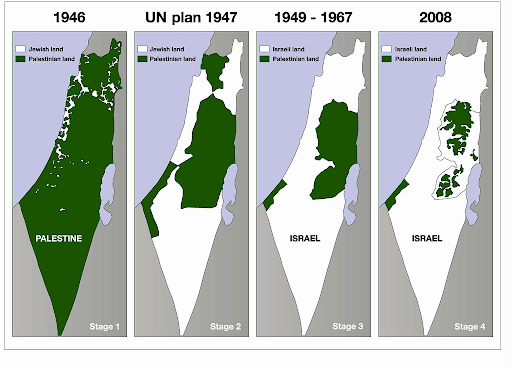
Gaza is one of the most densely populated regions in the world. 2.4 million people in the small area of 365 km², and more than half of them live in the northern part. It’s physically impossible for millions of people to move to the south, yet Gazans are being forced to do this.
The lives of Palestinians are purposely being targeted. In other words, this is a genocide. Because if Israel was truly only targeting Hamas, how come entire neighborhoods are destroyed? How come illegal weapons like white phosphorus need to be used?
By using Hamas as a justification, Israel gets away with anything. They’ve bombed hospitals and schools, with the justification of it being “Hamas run” or saying that Hamas is hiding there. But if this was a different situation, like a school shooting, for example, the police wouldn’t bomb the whole school to kill the shooter, killing all the students in the process. Why does it make sense for Israel to kill thousands of civilians to catch a few Hamas members?
Gaza has always been isolated from the rest of the world, but by cutting off wifi and electricity, they’re not only isolating the Palestinians, but silencing them. This allows Israel to commit war crimes in silence. They have killed over 57 (confirmed) journalists, and cut off wifi so that people in Gaza can’t show the world what’s happening. If anyone in Israel shows any support for Palestine, they’re imprisoned. How can Israel be considered “the only democracy in the Middle East” if they don’t allow freedom of speech? Or how about recognizing that the “only democracy in the Middle East” is also an apartheid state. Israel denies Palestinian citizens their rights to equal nationality and status, and imposes severe restrictions on freedom of movement. Israel also restricts Palestinians’ rights to family unification in a profoundly discriminatory manner: for example, Palestinians from the occupied territories cannot gain residency or citizenship through marriage, although Jewish Israelis can.
Since October 7, when Hamas attacked Israel, many major Western media outlets have been interviewing Palestinian ambassadors in different countries. The first question that is always asked: “Do you condemn the actions of Hamas?” once again proving the bias in these news outlets. There is a very clear double standard with how the news outlets view this issue. When aggression is placed daily against Palestinians in the West Bank and Gaza and when the Palestinians are wrongfully imprisoned without fair trial, no one seems to care. Why aren’t these media outlets asking the Israeli ambassadors whether they condemn these actions?
Although pictures of what’s happening in Gaza are very public, and everyone can see them, many people are still keen on defending Israel. This comes down to the fact that not everything that’s being said should be trusted. Especially if that information comes from the social media of people who live on the other side of the world and don’t know the extent of what’s happening. Even if a ceasefire finally happens, Palestinians will continue to struggle. Many have now lost everything, including their homes, families, friends, and livelihoods.
However, supporting Palestine does not mean you are anti-Semitic, as Zionism and Judaism are not the same. Criticizing the Israeli government and holding them accountable does not mean you are anti-Semitic. By equating anti-Zionism to anti-Semitism, Israel is able to escape criticism and get away with murder. Additionally, criticism towards Israel is possible without resorting to anti-Semitic tropes.
Supporting Palestine does not mean you support the actions of Hamas either. Don’t equate the actions of Hamas to Palestinians as they are not the same. Supporting Palestine means to be against apartheid, colonization, and forced displacement. The roots of this issue go back to the fact that Palestinian territories have been illegally occupied for decades.
To actually understand what’s happening, look at the accounts of journalists like Bisan Owda and Motaz Azaiza, who share their life on the ground from Gaza,
People have the responsibility to understand what’s actually happening in Palestine. Palestinians have been fighting for freedom for over 75 years now.
For Palestinians to finally be free, the world must stand with Palestine.

